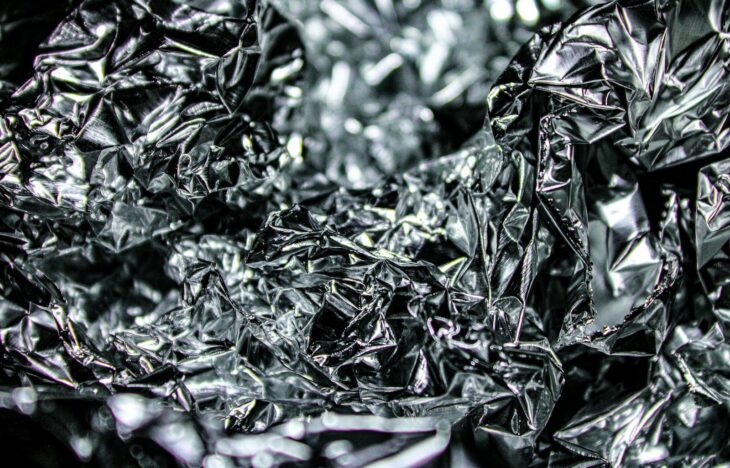Closed Loop Partners through its arm Closed Loop Ventures Group is investing in Found Energy, a developer of rechargeable aluminum fuel power systems based in Boston, Massachusetts. This investment is inline with Closed Loop Partners’ focus advancing solutions that reduce waste through material reduction, alternative materials, and reuse and end-of-life solutions like recycling.
Found Energy has developed a technology designed to upcycle low-grade aluminum waste by treating the scrap with a catalyst and then activating it with water. This process results in the production of clean hydrogen fuel. In addition, this process generates aluminum hydroxide as a byproduct, which can be delivered as a raw material to alumina refineries for the manufacture of primary aluminum — thus creating a full circular loop for the material.
Aluminum is a readily recycled material, with end-of-life products such as beverage cans, automobiles, and building and construction materials being returned to aluminum recycling operations for processing into new high quality products. In fact, 75% of all aluminum ever manufactured is still in use today. Furthermore, recycling provides inherent environmental benefits, since it only takes ~5% of the energy to recycle scrap compared to the primary production process.
However, recycling aluminum comes with its own challenges, particularly in regards to contaminated scrap (which may contain a mixture of other metals, plastics, paints, and other contaminants). In these cases, extra processing is required in order to ensure the recycled alloy that is produced contains the same level of quality as primary aluminum. In some cases, where this is not the case, the recycled aluminum may be downcycled and used in lower-grade alloys that don’t have the same mechanical and structural requirements.
“We have learned that in the depths of smelters, aluminum recycling is limited to recovery within established alloy classes (meaning two or more metals or a metal with another non-metallic addition). Given that aluminum is 2x more energy dense than diesel and 5x more energy dense than methanol, there is value in finding opportunities to keep more aluminum in circulation as both a material and energy source,” said Danielle Joseph, managing director at Closed Loop Partners. “The main challenge with recovering scrap aluminum is removing tramp elements, which cannot be separated easily by current smelting processes given the high melting temperature of aluminum (660° C). This means contaminated aluminum is often downcycled or ends up in landfills.”
The technology developed by Found Energy is said to represent a clean energy solution for this challenge. The process provides two major benefits. First, it allows for onsite energy generation (hydrogen fuel and steam), which can be used to run manufacturing operations and reduces the expense and environmental impact of hydrogen transportation and storage. Second, it ensures the upcycling of aluminum by reintroducing it into the supply chain in the form of alumina trihydrate, which can then be processed into virgin-grade aluminum.
In discussing the investment, Joseph concluded:
Unlike other energy solutions we have seen, Found Energy considered end-of-life from the very beginning of their development process, while using scrap aluminum as a wholly recoverable material source for energy generation plus storage. We fully support the transition to renewable feedstocks for clean energy, while recognizing that the structures required to facilitate clean energy transfers, like solar panels and wind turbines, often utilize extractive or single-use resources that frequently end up in landfill after they are decommissioned. We believe that it is better both economically and ecologically to keep these materials in circulation, and up until recently, had yet to find an energy technology that is inherently circular––inclusive of the materials used in the machinery and the renewable feedstock.
We were impressed with the elegance of a solution that uses a ubiquitous metal as a novel hydrogen source, is highly mobile, and can be distributed. Distributed assets will continue to be a priority in places where heavy materials would otherwise be transported long distances, or where permitting and absence of transmission infrastructure can keep manufacturing operations from scaling up their energy loads as needed.
To create a truly waste-free future for renewable energy, we must support the circularity of materials, alongside clean energy innovation. Reducing carbon through circular processes like material recovery and re-manufacturing is critical to reaching our CO2e mitigation goals and living in an ecosystem that is resilient to further climate shocks. Found Energy is helping pave the path forward.

